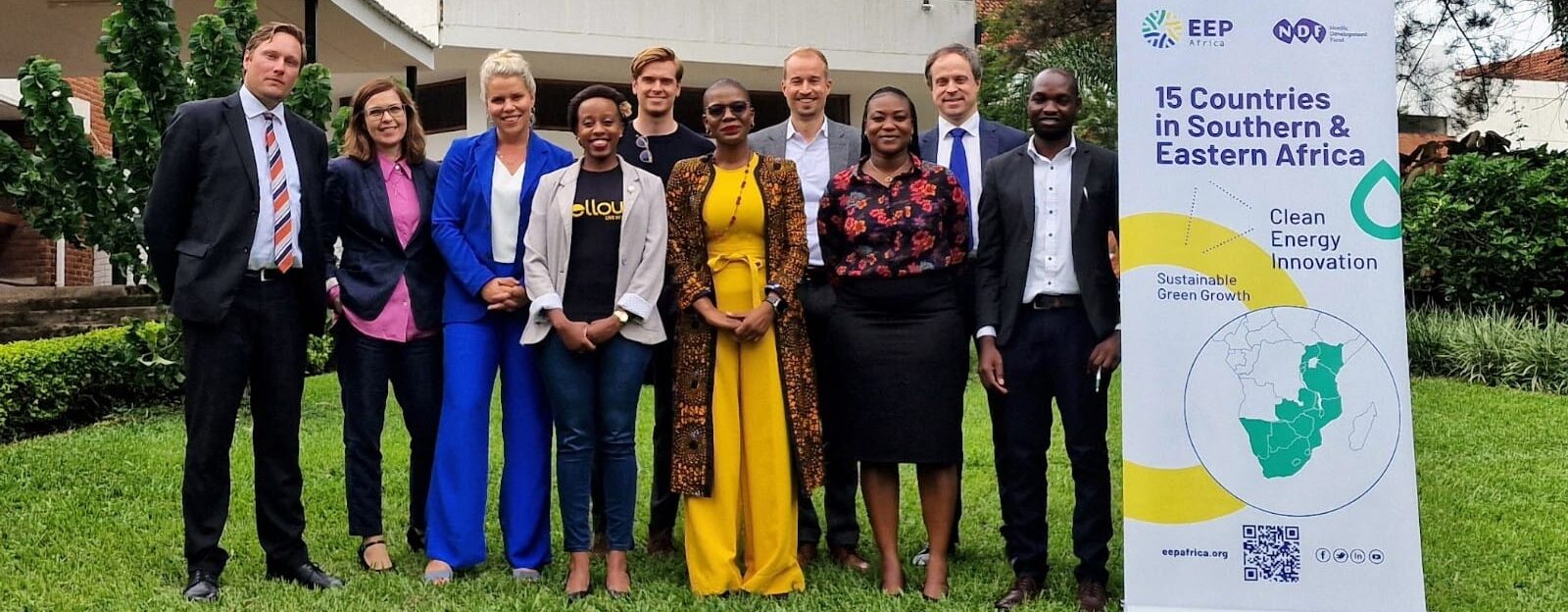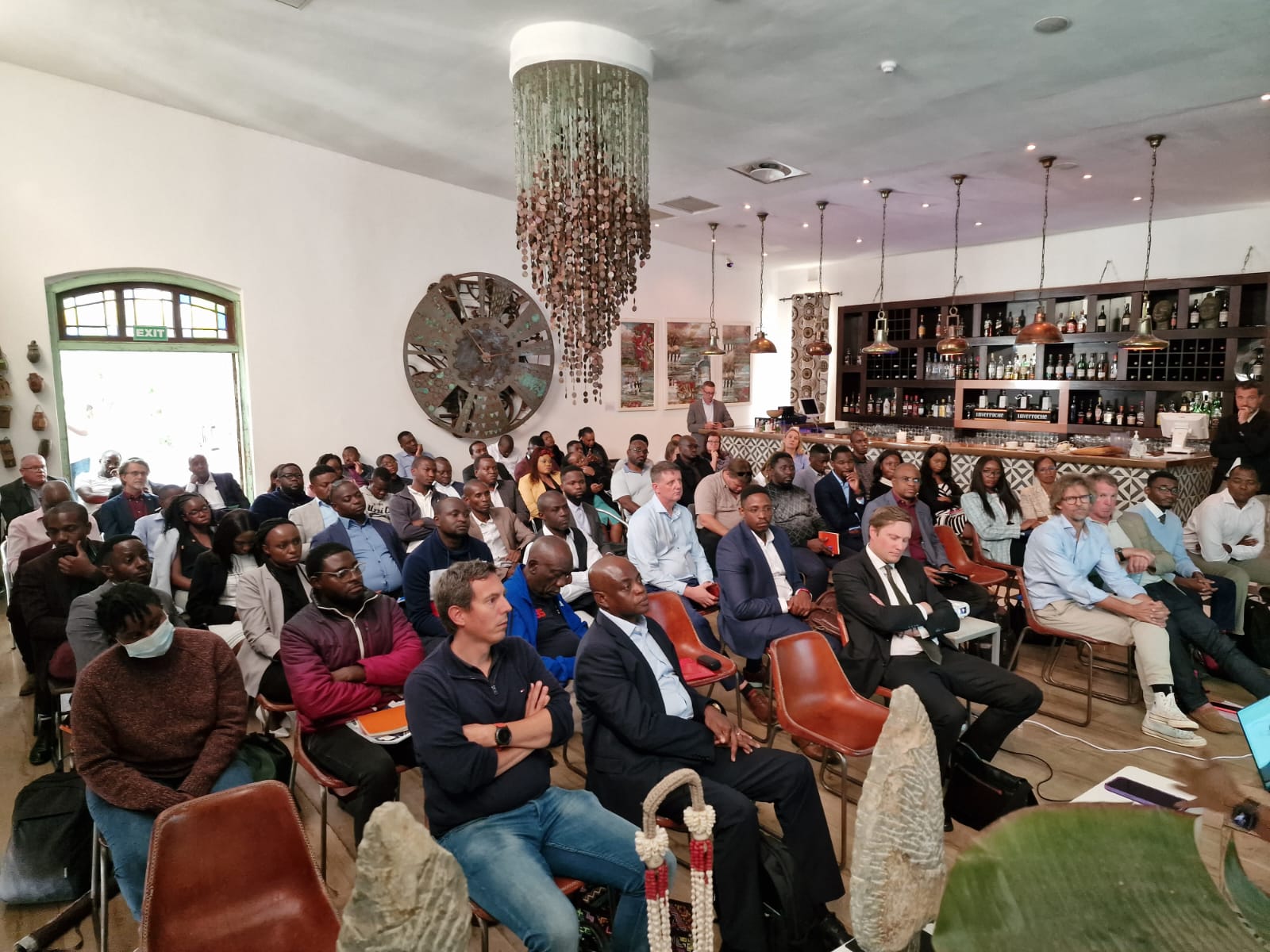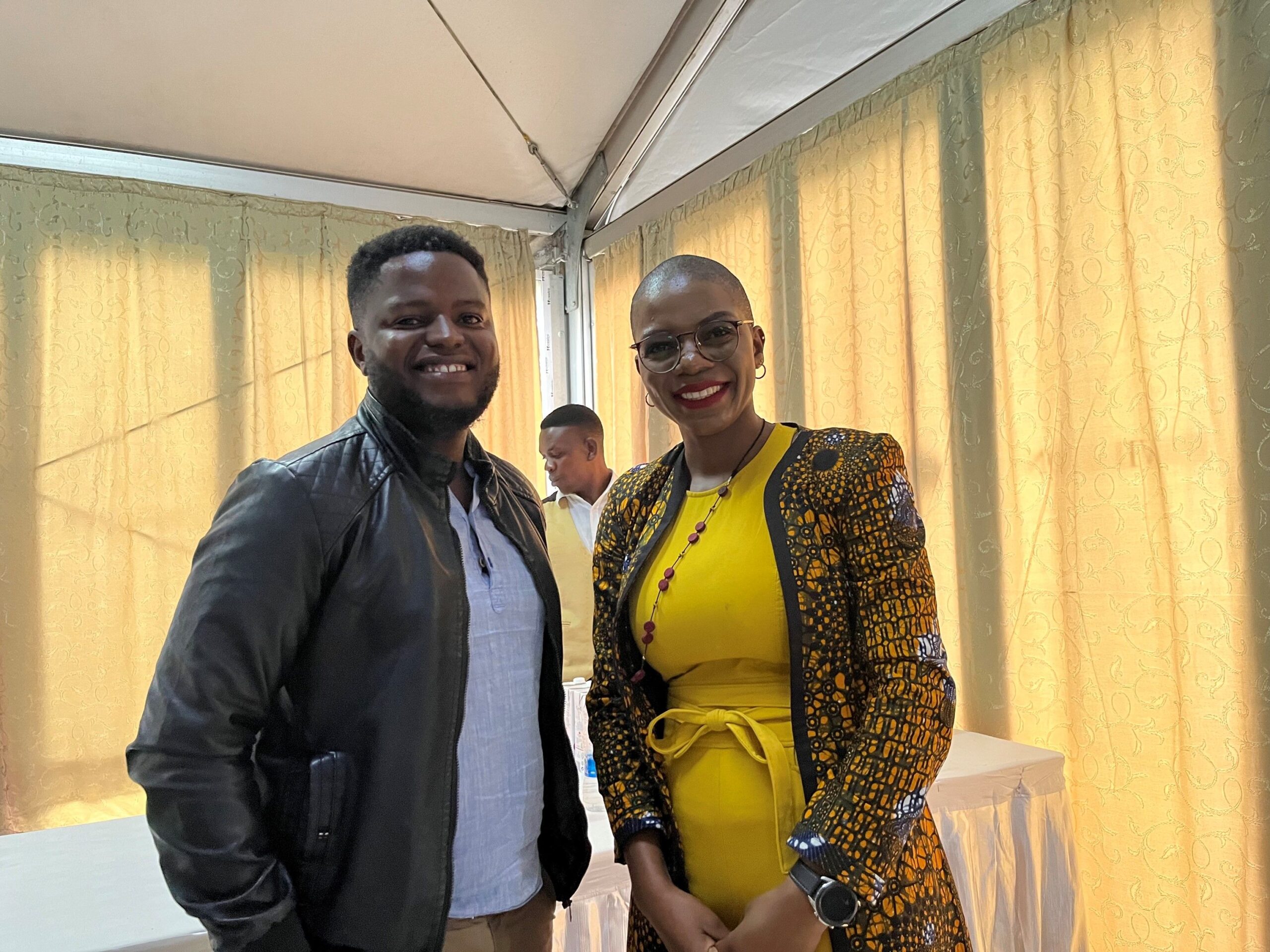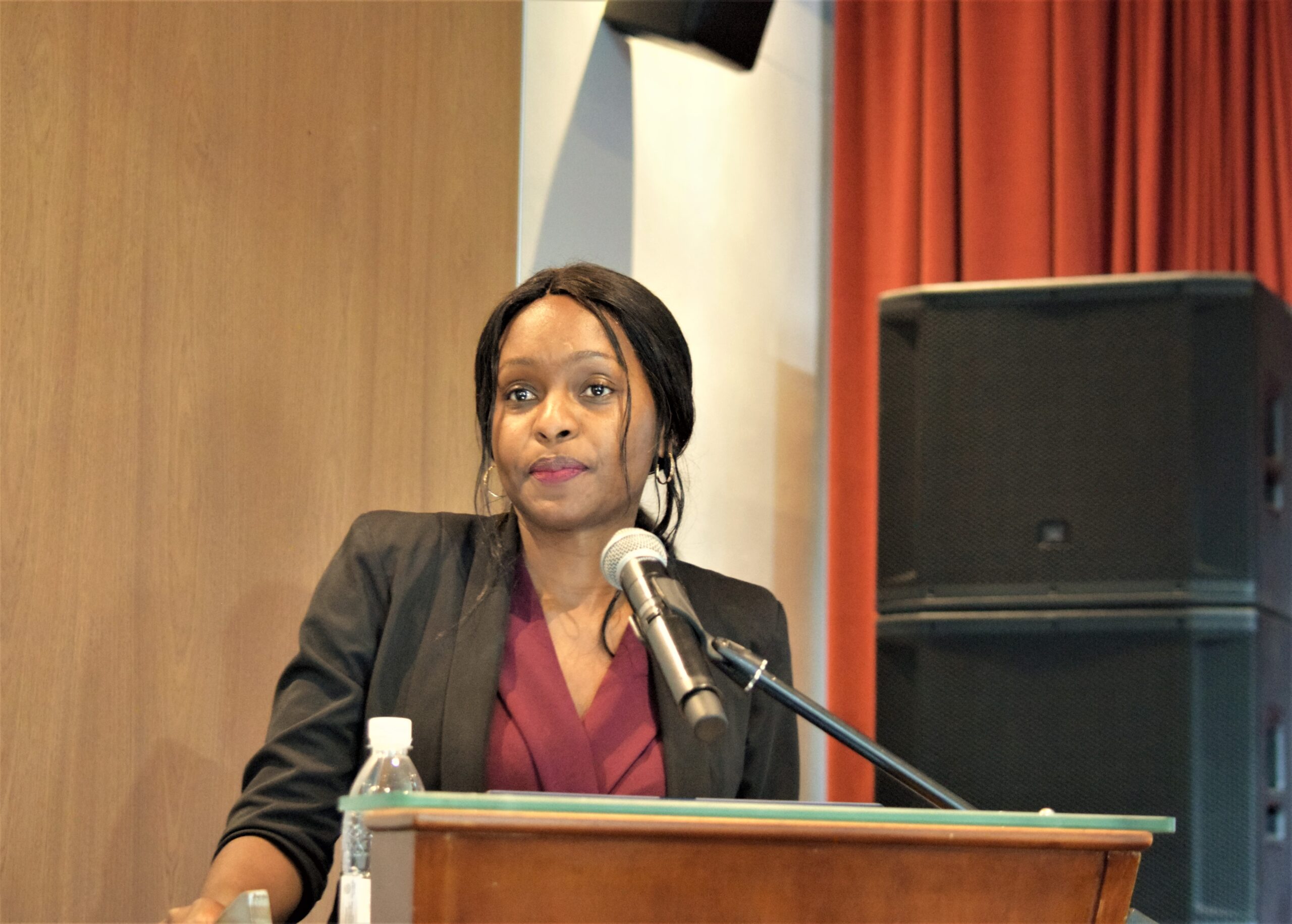
The informational events were arranged in collaboration with the Embassies of Finland, Iceland, and Switzerland, who all see private sector engagement and partnership formation as key to enhance clean energy access in Africa. Altogether, the three events attracted over 350 participants from start-ups, SMEs and social enterprises. The high turnout was especially exciting since Malawi and Zimbabwe represent the most recent expansion of EEP Africa’s geographic scope, both added in 2018.
The tour kicked off in Lusaka, Zambia, with an information session on EEP Africa and the upcoming call for proposals. The event was co-hosted with the Embassy of Finland. Finland has been a donor to EEP Africa since 2010 and aims to enhance and strengthen the collaboration of the Finnish and Zambian private sector partnerships, and thereby diversify its relations with Zambia.
EEP Africa is a flagship initiative for Finland in mitigating and adapting to climate change. EEP Africa’s hands-on support to the grantee companies has helped the entrepreneurs to change many people’s lives. The entrepreneurs are able to employ local people, grow and reduce greenhouse gas emissions. It is important to link EEP Africa’s projects with follow-on funders so that the companies have an better chance to grow and be even more impactful in the future. High turnout at the events and EEP Africa’s new donors are excellent proof that EEP Africa is on the right path. Cooperation with the donors has been excellent during the tour.
- Petri Wanner, Chair of the EEP Africa Supervisory Board

Audience in Lusaka
The event gathered over 70 participants, both local Zambian and international private sector actors. The event showcased two success stories from current grantees. Mphepo Power is a wind power company which conducted a feasibility study with EEP Africa financing. This support mobilised further funding for business development and commercial operations are expected to start in 2026. Solarworx and its local partner LittleSun provide off-grid solar home systems that are connected to form a solar smart grid. This system enables rural households to access energy. The grant funding they received enabled field testing of their system.
In Lilongwe, Malawi, the event was arranged in collaboration with the Embassy of Iceland. Iceland became the fifth donor of EEP Africa in May 2022, as climate and the environment are increasingly important for Icelandic development cooperation.
It was a pleasure to witness the immense interest in EEP Africa grants among Malawi stakeholders and the willingness to learn more about the process to secure successful applications. This interest is a sign of the growing urgency to find innovative solutions to tackle Malawi’s energy poverty and ways to enhance access to clean energy. It was a pleasure for the Embassy of Iceland, a new contributing partner to the EEP Africa Fund, to facilitate and host this event and we truly hope that we will have more success stories from Malawi.
- Inga Dóra Pétursdóttir, Head of Mission, Embassy of Iceland in Lilongwe.
A total of 106 participants took part in the event, where three successful Malawi grantees presented their stories. Green Impact Technologies is a start-up that uses innovative deployment mechanisms for clean energy technologies. With EEP Africa financing, the company was able to test its business model distributing biogas at a vegetable market. The company sells biogas and fertilizer to smallholder farmers, as well as PAYG solar water pumps, solar home systems and improved cookstoves to marginalised communities in Malawi. Wala is a female-owned, local start-up that provides solar powered productive use equipment to the agricultural sector. The grant enabled the company to pilot the solar pump technology and the lease-to-own business model for low-income farmers. Yellow Solar Power is a start-up that sells solar home systems. They used EEP Africa financing to improve digital inclusion among women by providing them with smartphones and training in digital technologies, enabling 147 women to become sales agents. The company was able to scale-up and use the grant as catalyst to secure additional funding for future business growth.

Priscilla Sani-Chimwele, Founder and CEO of Wala, talking to an attendee
The tour ended in Harare, Zimbabwe, where the event was co-hosted with the Embassy of Switzerland. Climate change and private sector engagement are priority areas for Switzerland, and it aims to expand economic opportunities and enhance local income levels. As part of these efforts Switzerland became a donor in 2021.
While the potential of clean energy is widely acknowledged, continued dependence on fossil fuels remains a reality in Zimbabwe and other countries in the region. Switzerland’s co-financing of the EEP, provides early-stage grants and catalytic financing to innovative clean energy projects, technologies and business models implemented by private actors in Zimbabwe and Zambia. Switzerland anticipates that its contribution increases access to clean energy by vulnerable and underserved groups, consolidating its engagement in climate change mitigation.
- Manuel Thurnhofer, Head of International Cooperation, Swiss Agency for Development and Cooperation

Sharon Yeti, Founder and CEO of Powerlive Zimbabwe, giving her presentation
The event was fully booked and attracted 187 participants. At the event, three success stories from current grantees were showcased. Clamore Solar supplies solar-powered products and systems for domestic, productive, commercial, and industrial use. The EEP Africa grant enabled the company to integrate PAYG into its high-performing solar egg incubators and reach a lower-income customer segment of the poultry value chain. Powerlive Zimbabwe is a women-led company that provides affordable PAYG solar home systems to rural off-grid households with a special focus on empowering women. With EEP Africa financing, the company was able to scale-up and mobile more funding for its future expansion. Powerlive Zimbabwe was recognized as EEP Africa’s Start Up of the Year 2021. Mobility for Africa is a women-led start-up that is developing renewable community-based transport solutions to rural customers, mainly women. Thanks to the grant financing, the company was able to scale-up to new areas.
I am particularly encouraged by the number of young people leading local companies that attended the promotion events – young people who are rising to provide locally driven solutions to address energy access gap in our focus countries. There is clearly a huge need for early-stage catalytic grant financing in the energy access sector to enable entrepreneurs to innovate, prove concepts and build sustainable business models to grow their businesses. However, the reality in access to this type of financing is challenging because most investors in the sector do not have a high-risk appetite. I’d call for more donors to invest in nascent markets, stretching their risk appetite to enable market growth, increase access to energy, create jobs and business growth.
- Chiedza Mazaiwana, Portfolio Manager, EEP Africa
The upcoming call for proposals will be launched later this year. Interested partners are encouraged to follow EEP Africa’s website, newsletter and social media channels.
EEP Africa, hosted and managed by NDF, provides early-stage grant and catalytic financing to innovative clean energy projects, technologies and business models in 15 countries across Southern and Eastern Africa. Project financing is supplemented by technical support, investment facilitation and knowledge sharing.
In Malawi, EEP Africa has committed EUR 1.9 million to six clean energy projects since 2018. Through these commitments the fund has been able to support 68,000 people to get access to energy, created 800 jobs and reduced 23,000 tCO2e GHG emissions.
In Zambia, EEP Africa has committed EUR 1.9 million to four clean energy projects since 2018. The financing has enabled enhanced energy access for 37,000 people, created 290 jobs and reduced 99,000 tCO2e GHG emissions.
In Zimbabwe, EEP Africa has committed EUR 2.3 million to six clean energy projects since 2018. These have resulted in enhanced access to energy for 43,000 people, created 360 jobs and reduced 8,000 tCO2e GHG emissions.
To read more about all of EEP Africa’s donors, please find them on our webpage.
Hosts and presenters in Malawi


